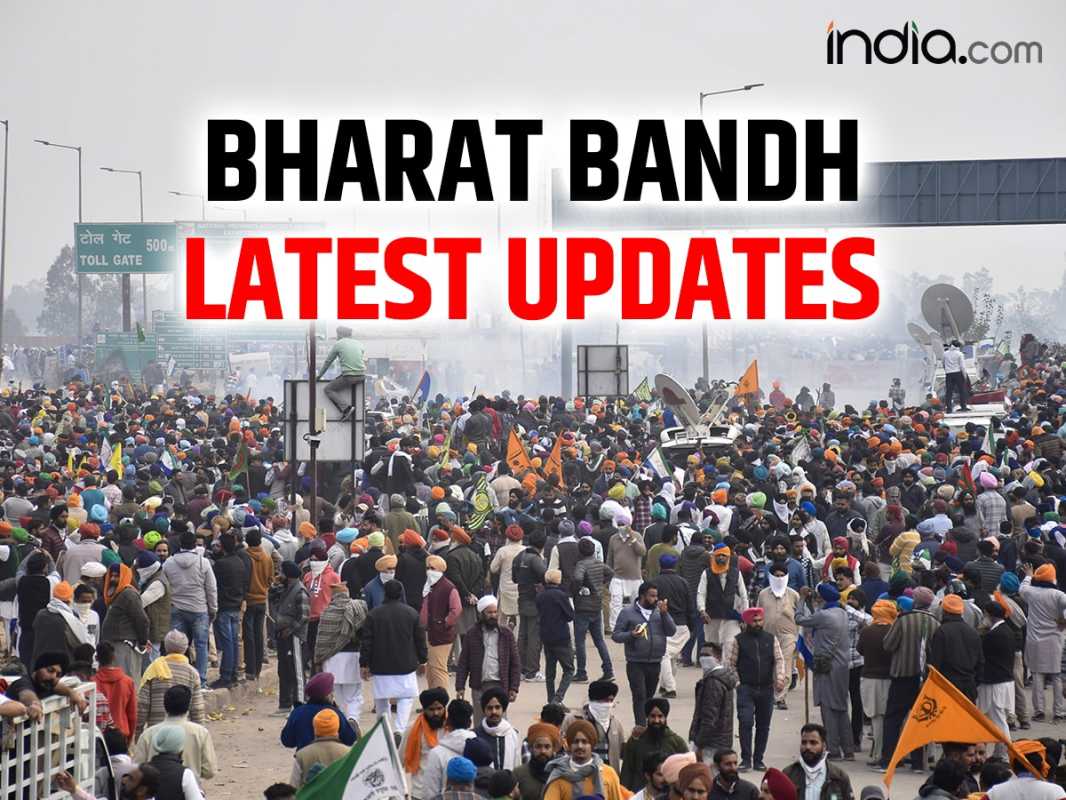Politics
Protests Intensify as Bharat Bandh Called by Farmers’ Union Looms: Complete Shutdown Expected

Protests escalate as the Samyukta Kisan Morcha plans to enforce a nation-wide Gramin Bharat Bandh on February 16 from 6 am to 4 pm. The farmers, primarily from Punjab, are marching towards Delhi, but have been blocked at the Punjab-Haryana borders by the Haryana Police.
Meanwhile, the Bharatiya Kisan Union has taken an initiative to keep Haryana toll booths toll-free for three hours on Thursday, in line with the escalating tensions. The Samyukta Kisan Morcha, along with Central Trade Unions, is spearheading the Gramin Bharat Bandh. Left parties and Congress have extended their support to the farmers’ cause.
Key demands of the protesting farmers include a legal guarantee of Minimum Support Price (MSP) as per the Swaminathan Commission‘s recommendations, debt relief, and regulations against increased electricity tariffs and the installation of smart meters. The protests aim to secure free power for various sectors and boost pensions for farmers among other grievances.
The Gramin Bharat Bandh is expected to halt all agricultural activities, with village shops, markets, and businesses set to remain shuttered. Attaining nationwide momentum, renowned personalities like Prabhat Patnaik, Irfan Habib, and P Sainath have pledged their support to the protest.
As the farmers converge for a chakka jam from 12 pm to 4 pm on major roads, nationwide transportation could witness significant disruptions. Recognizing the impact of the strike, Punjab has shown solidarity with the protesting farmers by supporting the highway closures in the state.
Political reactions have also stirred, with Congress promising a legal MSP if elected, while the BJP has critiqued Congress’s apparent inaction on the Swaminathan Commission’s report during their time in power. Amid these developments, the protest intensifies, raising critical questions on the governance and future of agricultural policies in India.












